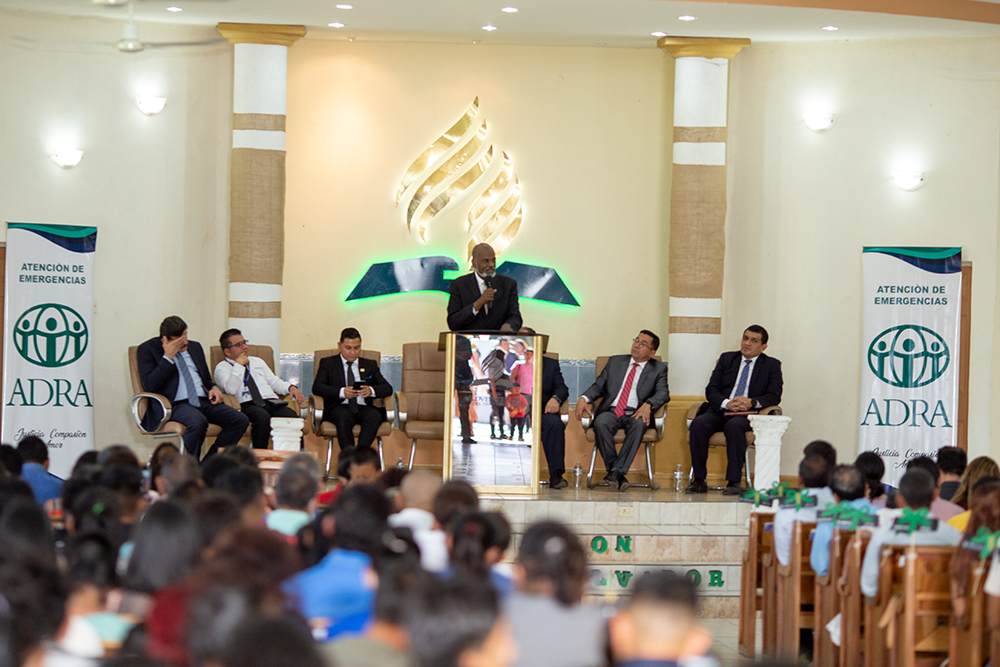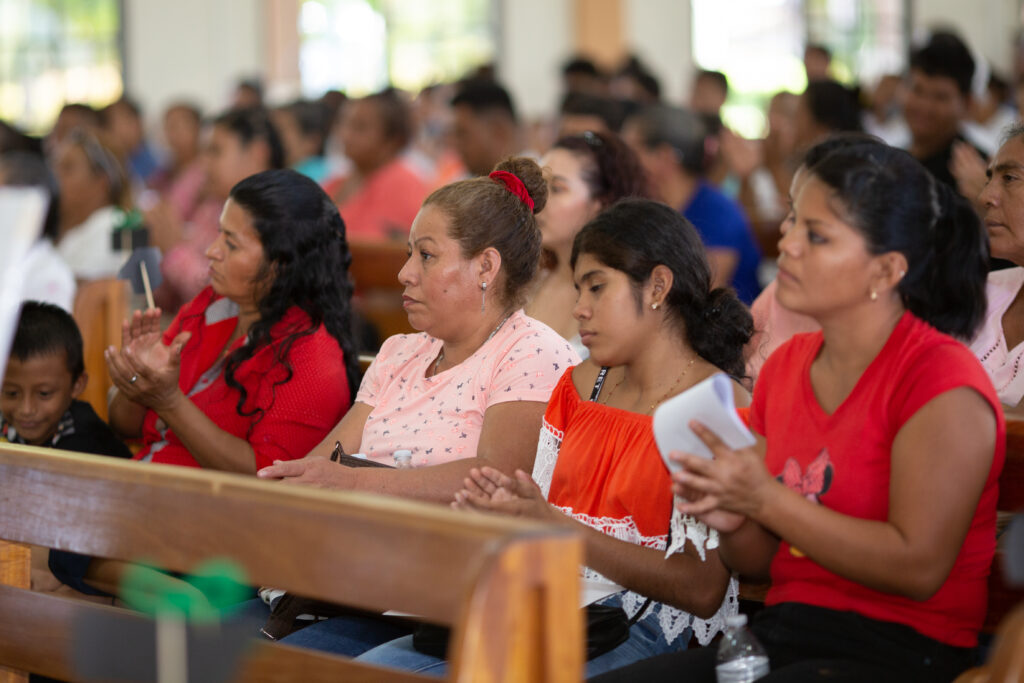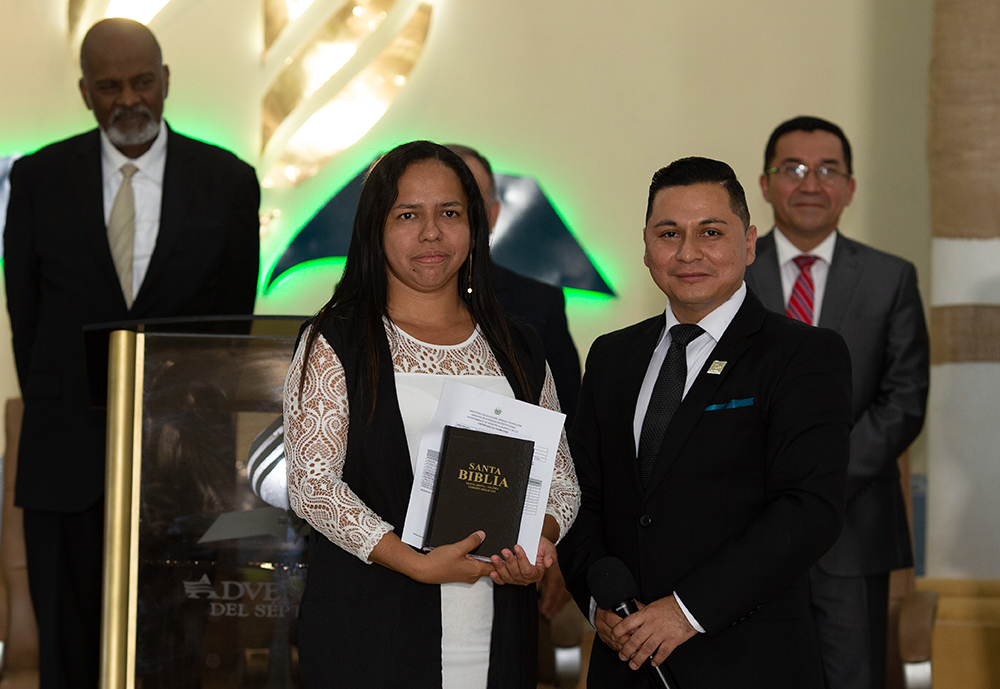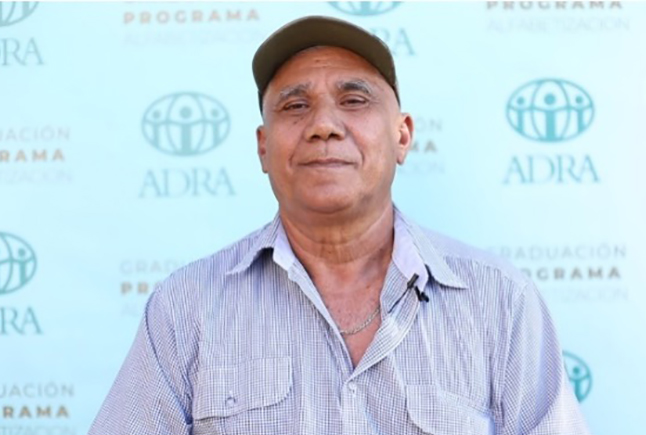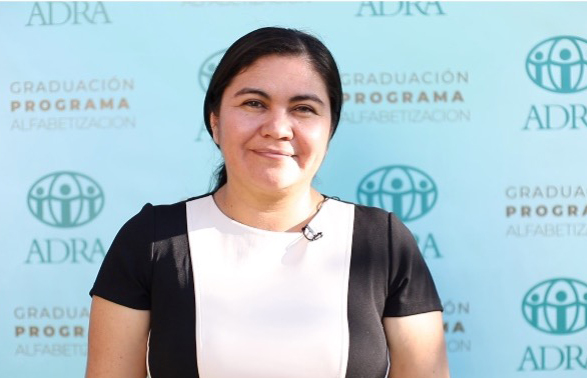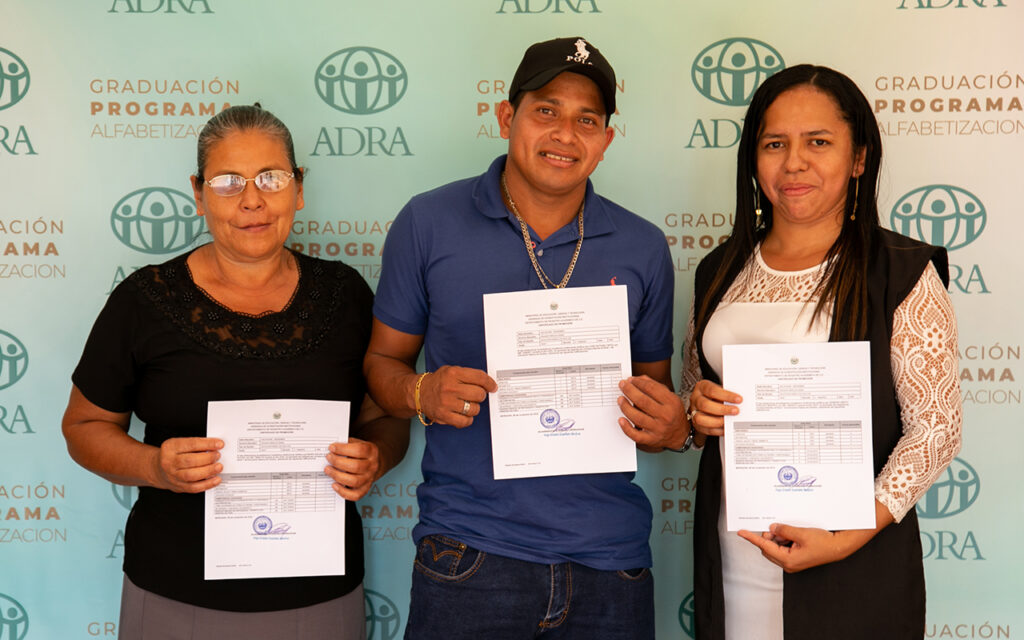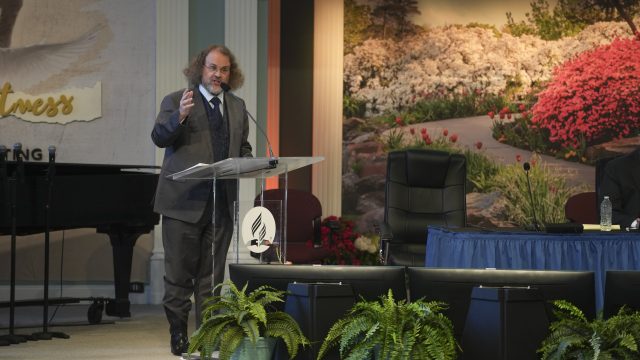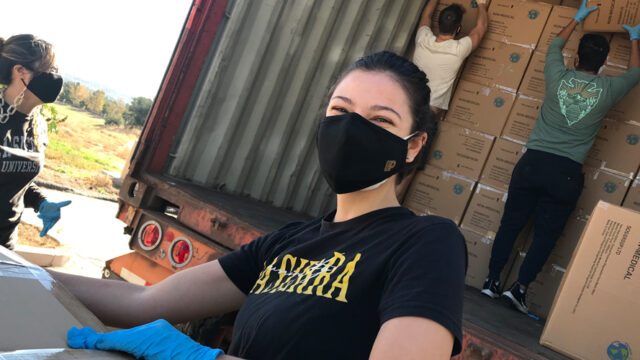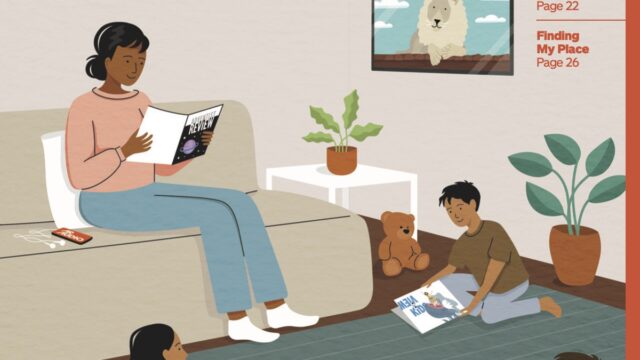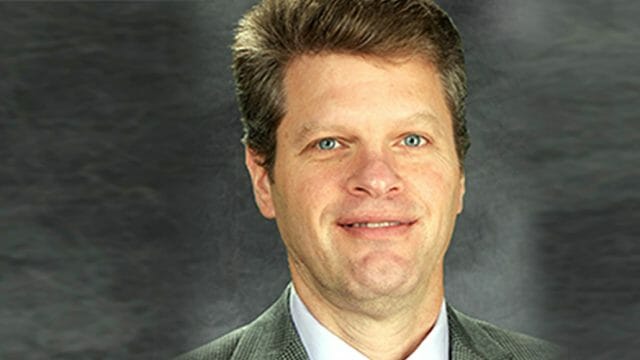521 received their diplomas, adding to thousands who have benefited since 2002.
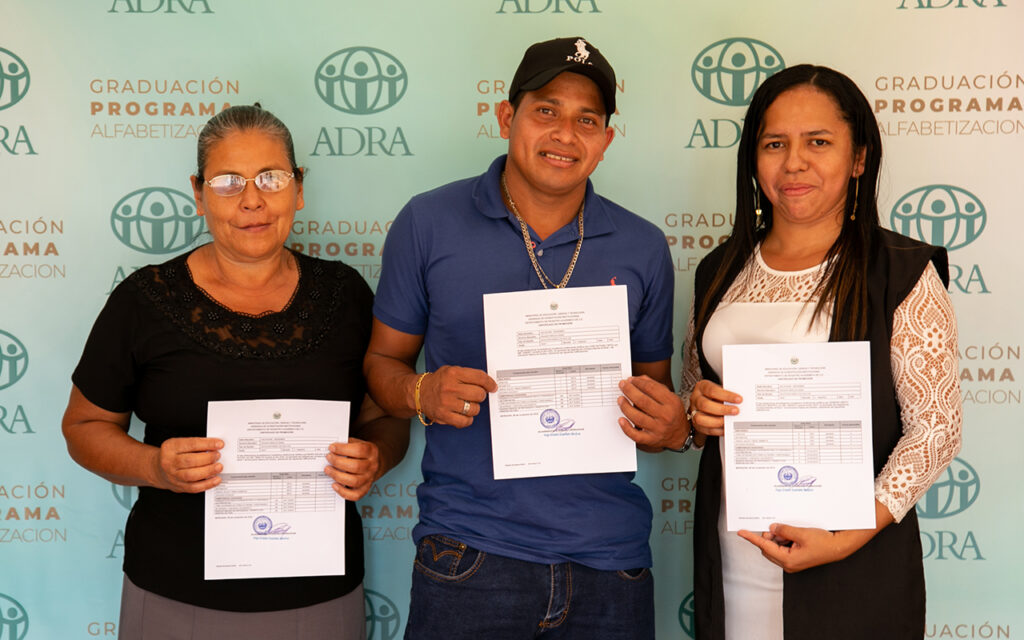
More than 500 people in El Salvador have learned how to read and write in 2022 thanks to an initiative supported by the Adventist Development and Relief (ADRA) and a partnership with the Ministry of Education in El Salvador.
Hundreds gathered at the Adventist Training School in San Juan Opico, Libertad, in the Central American country on January 21, 2023, for a special graduation ceremony, where 521 received diplomas for completing their one-year literacy program — an ongoing annual program since 2002.
“You have made a special commitment to better your lives, and we are delighted to see you here today to celebrate with you,” Inter-American Division (IAD) president Elie Henry said. Henry praised the hard work of church member volunteers, ADRA, and the union administration for their decades-long commitment to improving the lives of so many people in the country.
David Poloche, ADRA Inter-America director, thanked everyone involved in the longstanding project that continues to transform lives.
The ADRA Inter-America partnership with ADRA El Salvador has seen a commitment and support from many organizations in the past, ADRA El Salvador country director Alexander Figueroa said. In 2014, more than 1,000 people were part of the literacy program, and in 2017, more than 700 individuals completed it thanks to financial support from the North American Division’s Hope for Humanity program, the IAD, and the Adventist Church in El Salvador.
The Ministry of Education trains the ADRA personnel for the year-long literacy course and provides printed materials and technical and legal follow-up for people who finish the process and reach new levels of education, Figueroa explained. “Every year we have more than 200 volunteers. About 40 percent of them are church members who, week after week, commit to helping,” he said. Regional graduation ceremonies are held each year, but this year saw everyone in one location for the celebration, he added.
During the past three years, more than 1,200 people have graduated. “The pandemic slowed down the average 500 persons who graduate from the program each year, but we are happy to see more involved in the program now,” he said.
National statistics show that in 2019, about 30 percent, or more than 500,000 people, did not know how to read or had not reached the sixth grade, Figueroa said. More than 80 percent of that number is women, he added.
Figueroa reported that 70 percent of those enrolled in the literacy program are older people, and 90 percent of those are women.
“When we offer education, we bring development,” he said.
For Milton Serrano Zepeda, of San Francisco Menéndez, Ahuachapán, graduating from the literacy program was a dream come true. “This has changed my life,” Zepeda said. At 54, he is different now. “I’m no longer an illiterate. I can now sign my name instead of putting my fingerprint, and it’s so wonderful to know that it is possible, and we can accomplish this.” He has encouraged others to learn to read and write and taught some friends how to sign their name. “I feel so proud of myself and feel like I’m probably the one who’s benefitted the most from this program,” Zepeda said.
Each beneficiary received his or her diploma, a reading workbook, and a Bible, church leaders said.
Abel Pacheco, president of the El Salvador Union of the Seventh-day Adventist Church, congratulated all the recipients and thanked government agencies and donors for assisting during the past two decades in bettering the lives of thousands of people across the nation.
For Delmy Hernández, volunteering to help five in her group to read and write has brought a lot of joy. She is among 200 trained facilitators who took part in the literacy program last year. “As a facilitator I feel so much satisfaction when I see them get their diploma,” Hernández said. “To see their hard work, even for some who need a little more time to complete the program, with patience, it’s wonderful to reach this point of graduating.”
The teaching techniques are the same when teaching a child, a young person, or an elderly person, she added. “I’m so happy and proud at the fruit we have been able to see during this time of teaching,” she said.
The original version of this story was posted on the Inter-American Division news site.


